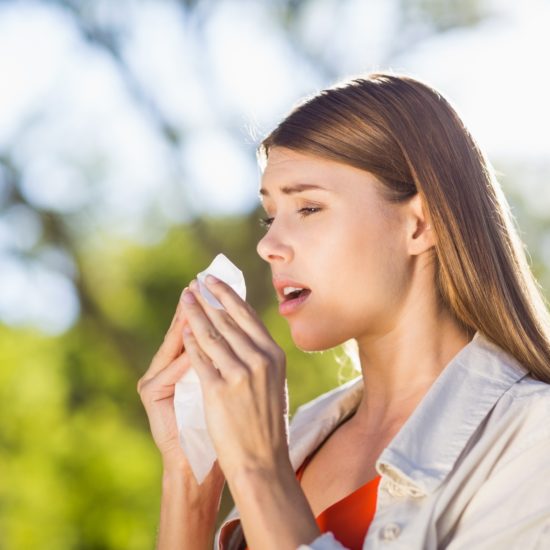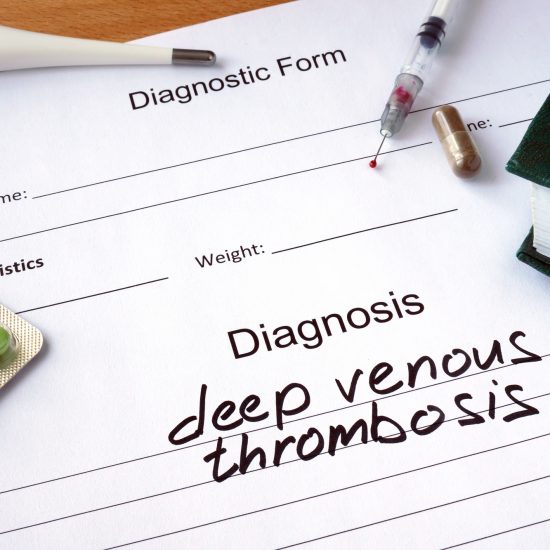Chewing Gum Is Good For You

Chewing Gum Is Good For You
In schools, Chewing Gum is normally prohibited. (Gum is completely outlawed in Singapore. )This is because gum is found on every surface available: the bottom of desks and chairs, the floor, and recently I found gum on the inside of the bass drum. Despite the numerous garbage cans, strategically placed around the school, gum ends up everywhere but where it should. Unfortunately, if gum was allowed in school, and kids kept it in their mouth or in the garbage, it would be very beneficial to their academic life.
- Chewing Gum Improves Memory – Gum can help improve memory because it produces more oxygen and more glucose which disposes of more CO2. The increased glucose level feeds the body and mind. Through a study conducted on 75 individuals, it was found that gum chewers scored 24% higher on short-term memory tests and 36% higher on long-term memory tests.
- Gum is a Stress Reliever – Psychiatrists believe that chewing gum can reduce tension and liberate nervous energy. The rhythmic chewing of gum has a stress-relieving result.
- Gum Improves Digestion – The gum improves the intestines’ ability to transport substances. This also increases saliva flow and promotes swallowing, ultimately preventing acid reflux.
- Gum Aides in Weight Loss – The gum sends a signal to your brain that you are more full than you are in reality. Your brain, therefore, does not think you are hungry or need as much food and you eat less, resulting in weight loss.
- Gum Improves Oral Health – Sugar-free gum is good for your oral health. It stimulates saliva which prevents tooth decay. This eventually neutralizes plaque acids and strengthens tooth enamel.
The disadvantage of chewing gum is that you may exhaust your stomach and intestines with constant gum chewing. This may contribute to ulcers, burns, or and risks of contracting certain types of cancers. Chewing gum has aspartame which is not good in the long run as it may contribute to certain cancers, multiple sclerosis, and other diseases.
Also Read
Prevent Cancer Risk With Exercise
4 Crucial Tips For Taking Medication


